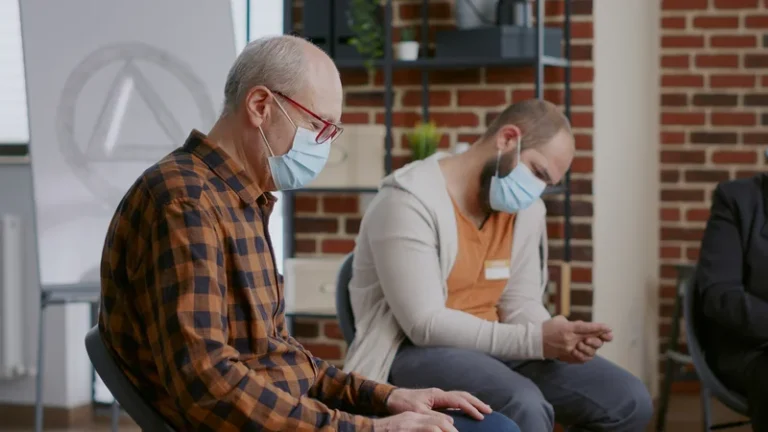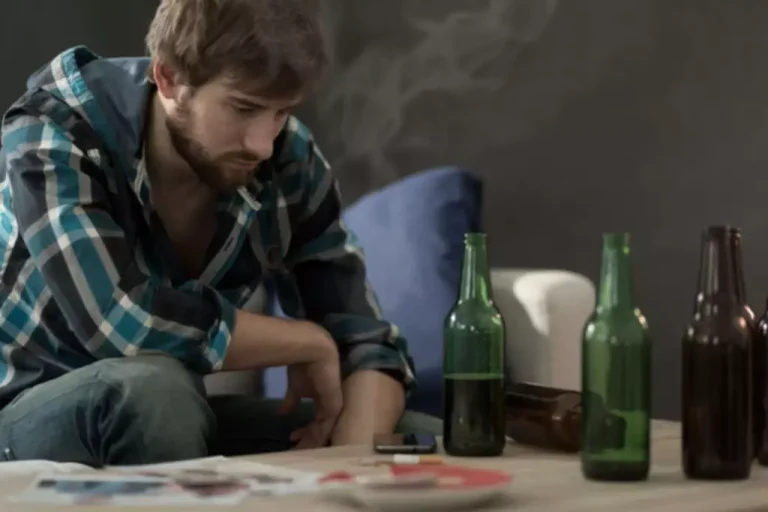
When you live a sober life, you can get to know yourself and feel comfortable in your own skin. Self-love and addiction are two things that can never go hand-in-hand. A lifelong commitment to sobriety means consistently working towards personal growth, developing healthy coping mechanisms, and building a strong support network.
- Drugs and alcohol essentially “hijack” the reward and pleasure centers of the brain.
- People in recovery generally agree that abstinence is necessary but remains just a starting point for a new, sober life.
- If you’re like most drinkers, you’ve likely surrounded yourself at some point with a group of people who also drink.
- You’ll enjoy general health and wellness that you can’t necessarily achieve if you’re drinking or using drugs.
- Pursuing things that seem fun or exciting to you, even if they scare you, will help you grow tremendously.
After 25 years, I wanted to quit drinking and couldn’t. Here’s how I finally got sober
The opportunities are endless, but at the very least, taking a pottery class can be a unique activity that helps you get creative and have some fun. Joining a fitness studio allows you to take set classes and meet new people. Whether it’s for pilates, yoga, pole fitness, or even belly dancing, there are so many different studio classes to try out. Not only are these classes fun, but they also offer a great workout and can help you meet new people.

Join a Support Group
Advertisements always show people looking happy, celebrating with a group of friends, or living a high-end lifestyle while drinking premium vodka. I learned that if I’m going to be around drinkers, it’s best to plan ahead. When I went away with my friends to the lake house, I called my local cocktail bar ahead of time and asked if they could make me a nonalcoholic beverage to-go. I felt silly doing it, but they told me that my order wasn’t all that unusual. Elaine Skoulas, a licensed marriage and family therapist based in L.A.
Things That Inevitably Happen to Your Personal Life When You Get Sober
Below, we’ll offer some tips for figuring out how to be happy sober. We’ll also look at why the process can be so challenging, and why you’re likely to come out the other side to a better life than you’ve ever known. If you’re involved in a 12-step program, you likely already know the importance of milestones.


As seen in Verywell, Healthline, Psych Central, Everyday Health, and Health.com, among others. Relapse (using substances again after stopping) can and does happen, with 85% of people experiencing relapse at least once and half of them doing so within the first two weeks of sobriety. One study found that 68% of people treated in a detox unit experienced moderate alcohol withdrawal symptoms. You can expect certain alcohol withdrawal symptoms such as sleep disruption to occur, though some people can experience seizures and other severe symptoms.

Make a list of people, places, activities, and practices that bring you joy. From larger activities, like scheduling dinner with a friend, to small things, like putting on your favorite song, adding joyful things to your life starts to add up. While recovery often leads reasons to stay sober to a happier life in the big picture, many people struggle with happiness in the earlier phases of recovery. There are many good reasons why this happens, including the way alcohol use impacts the brain, and the way drinking impacts peoples’ personal lives and habits.
